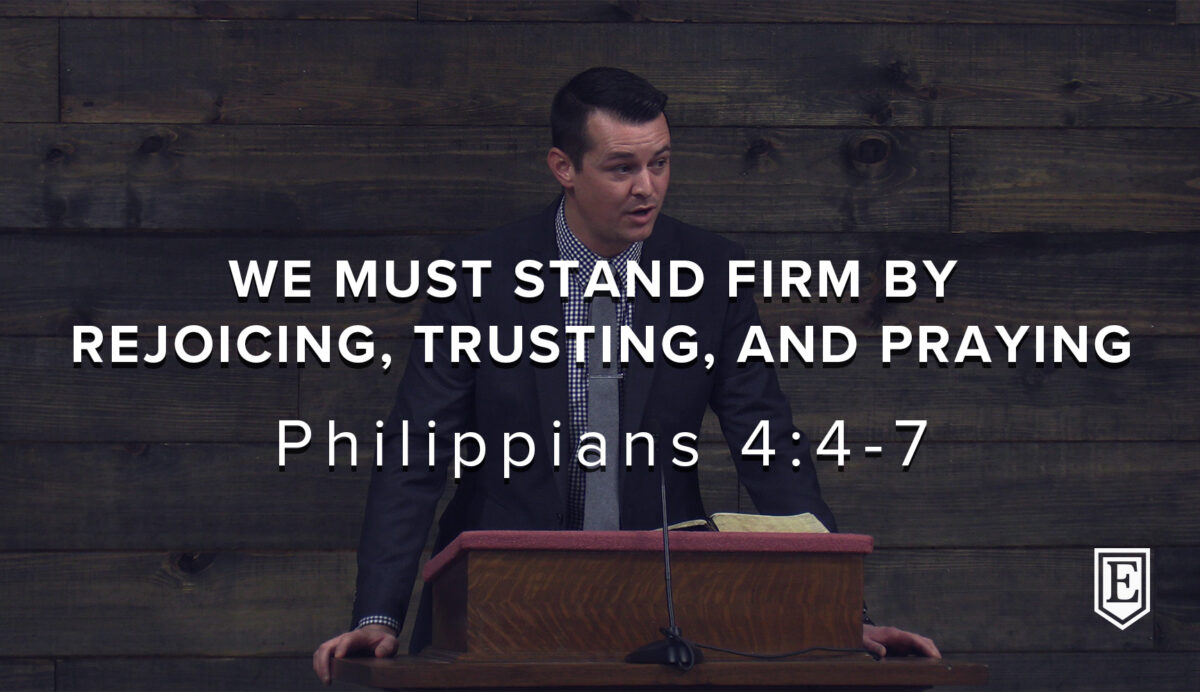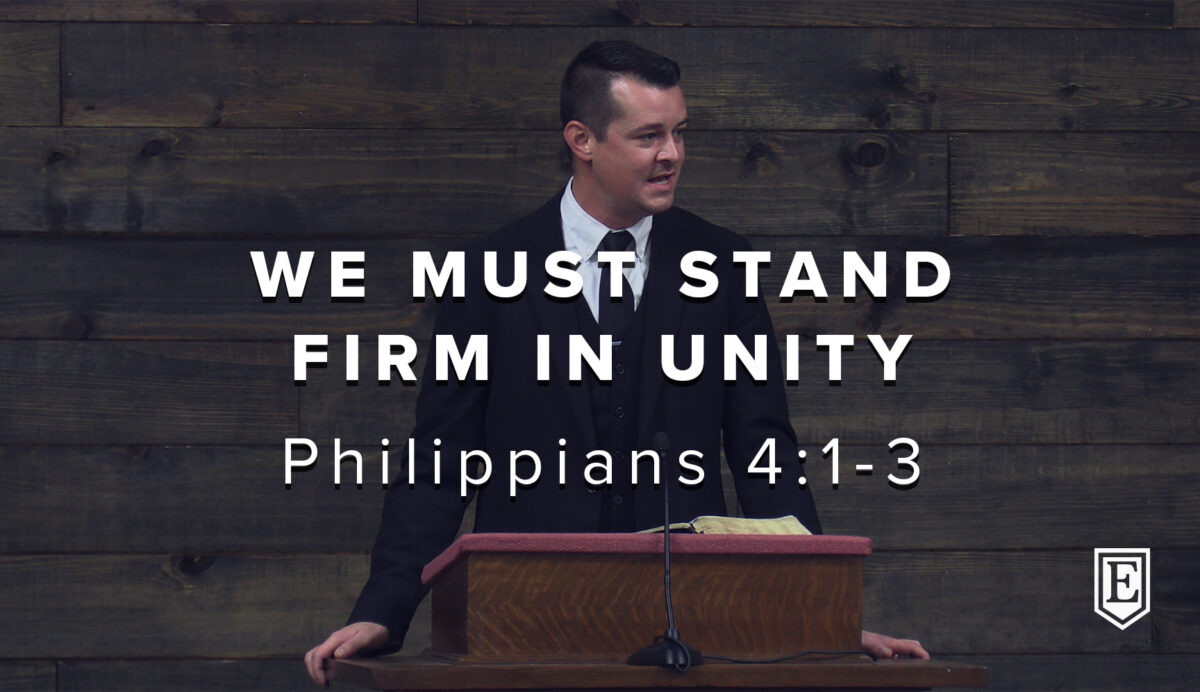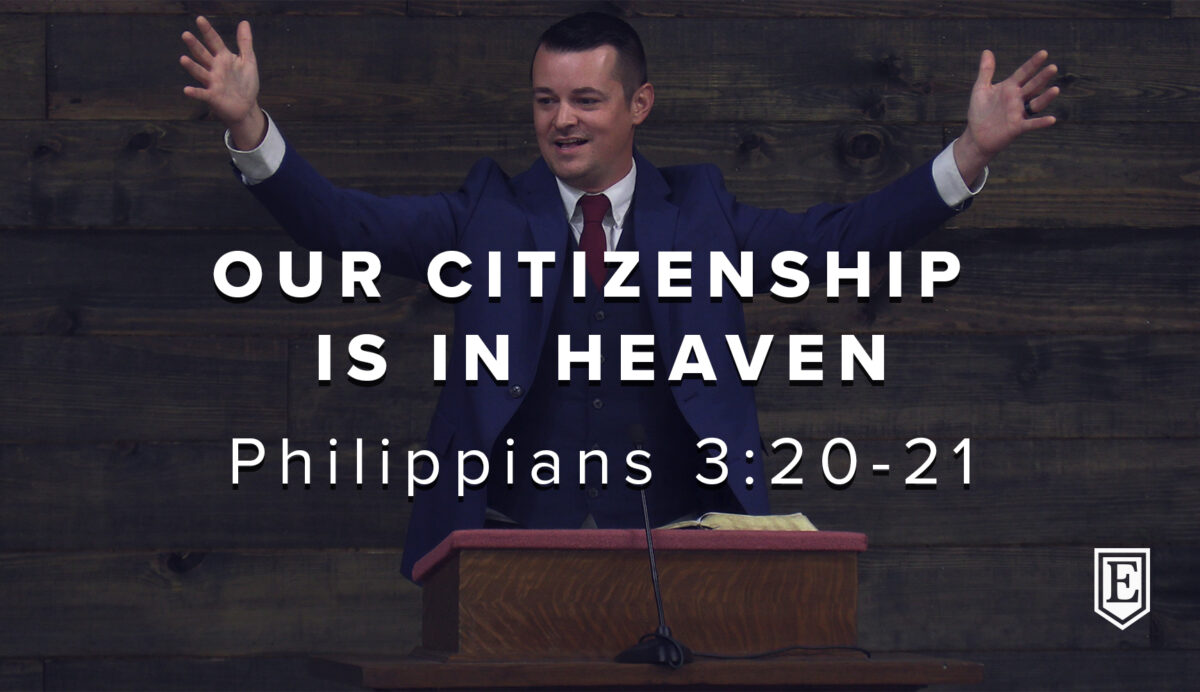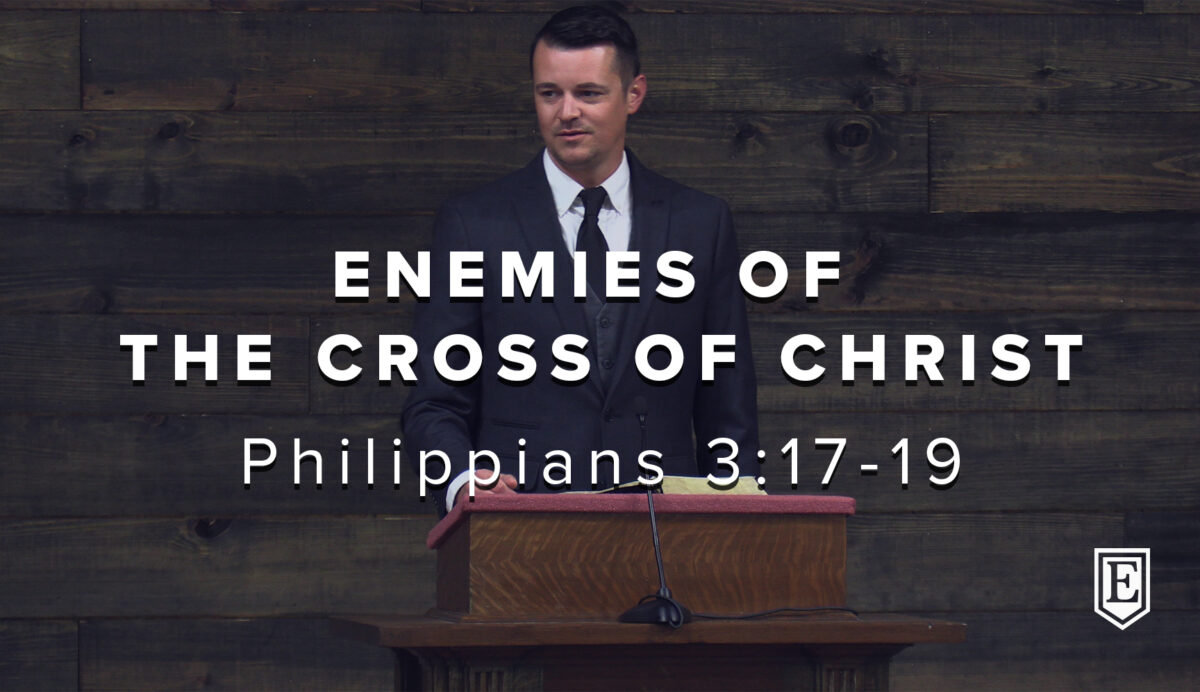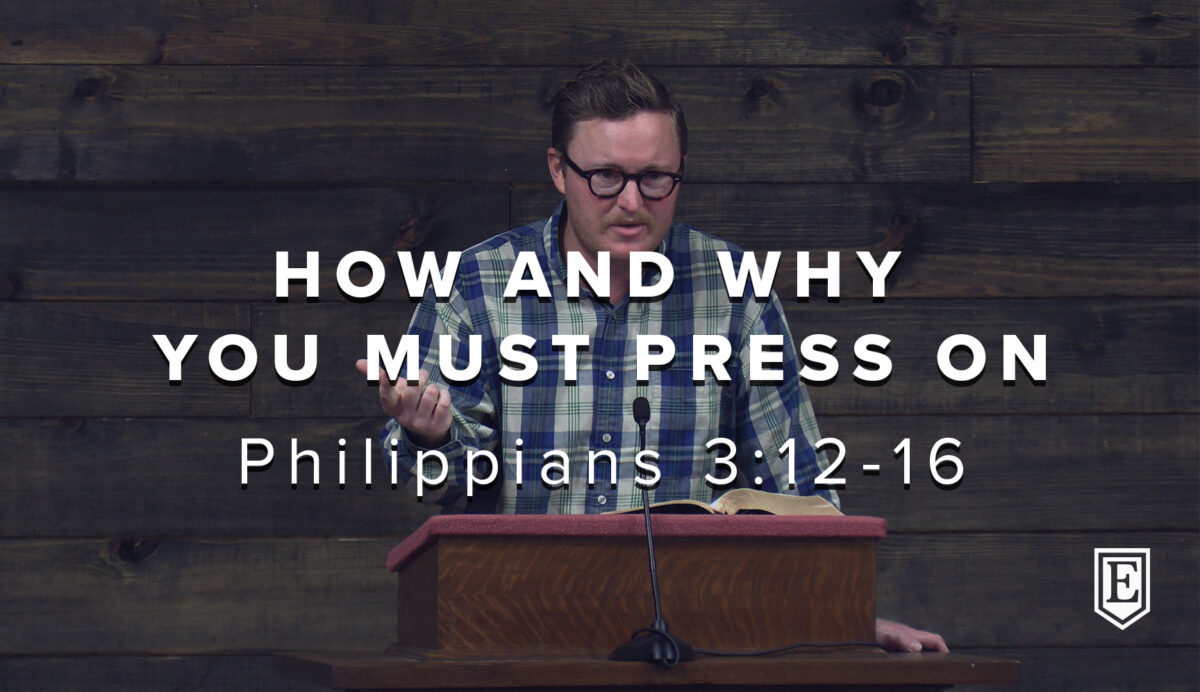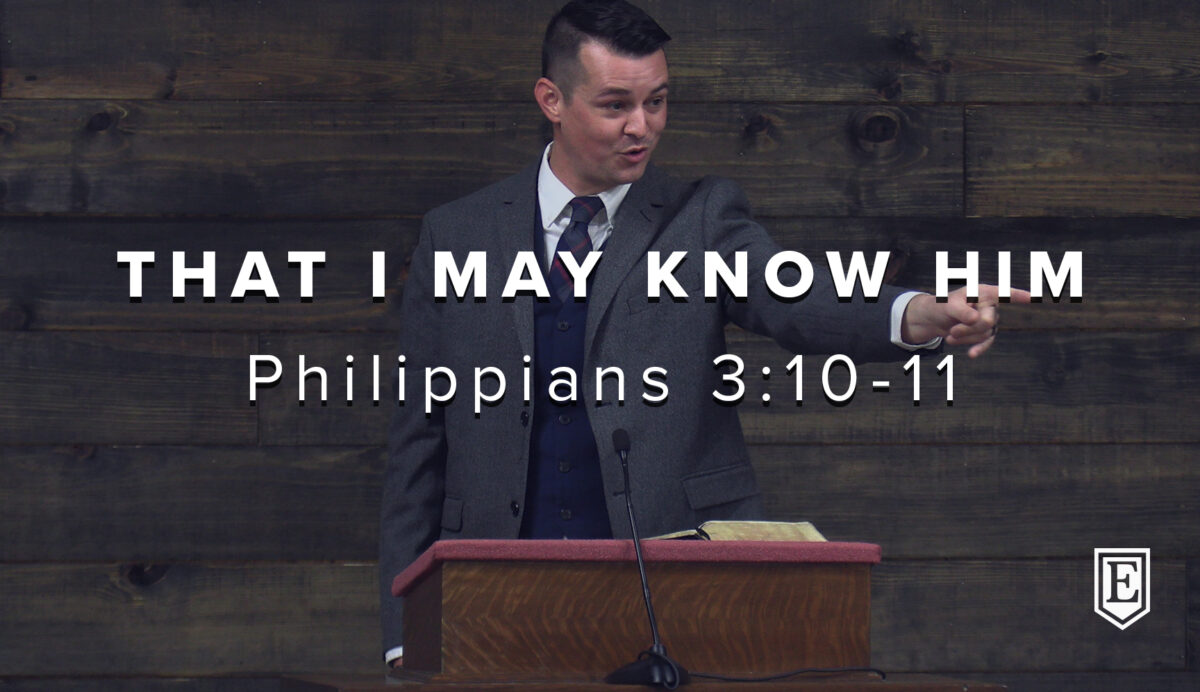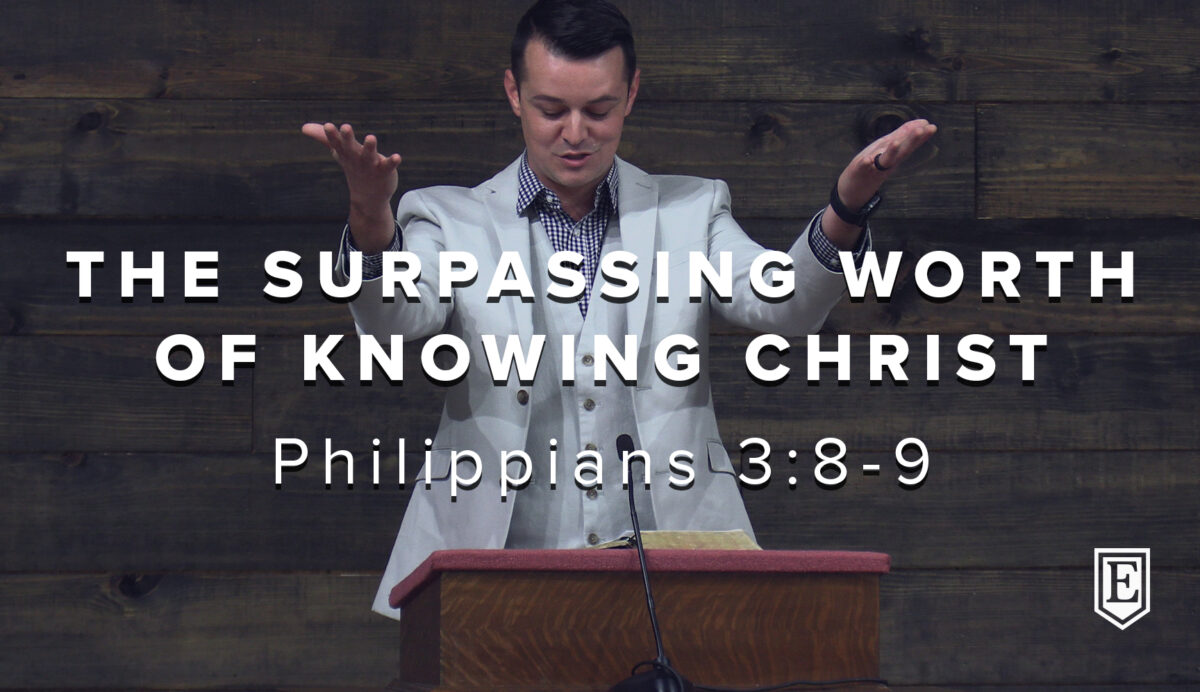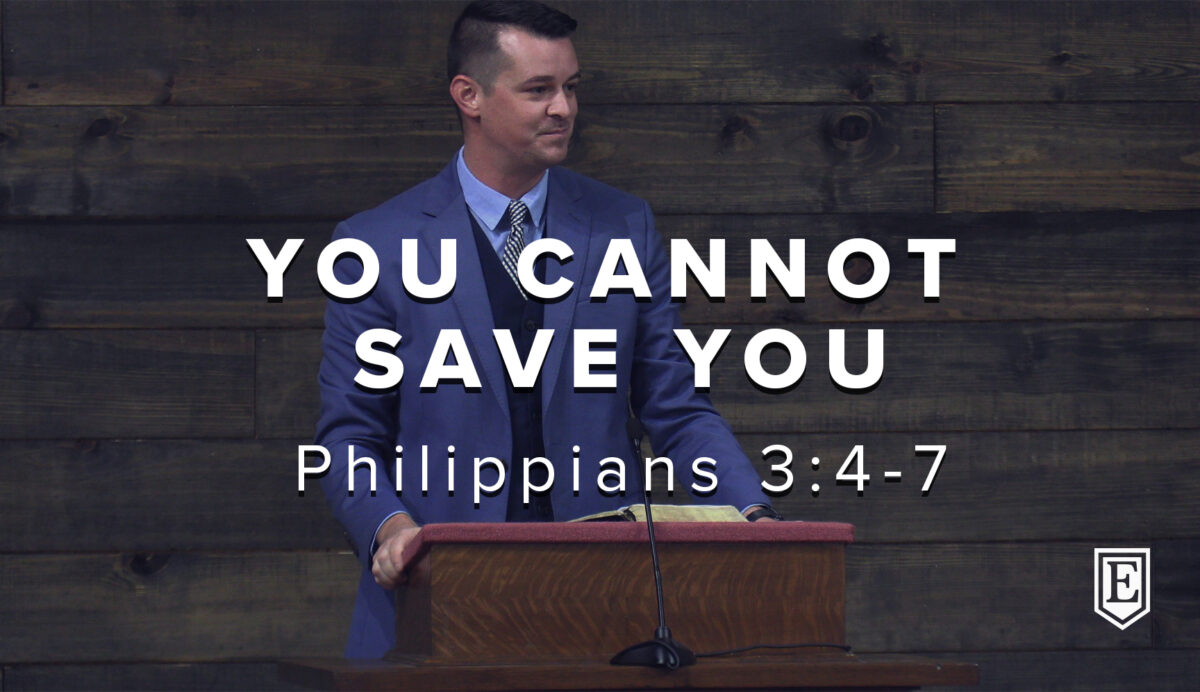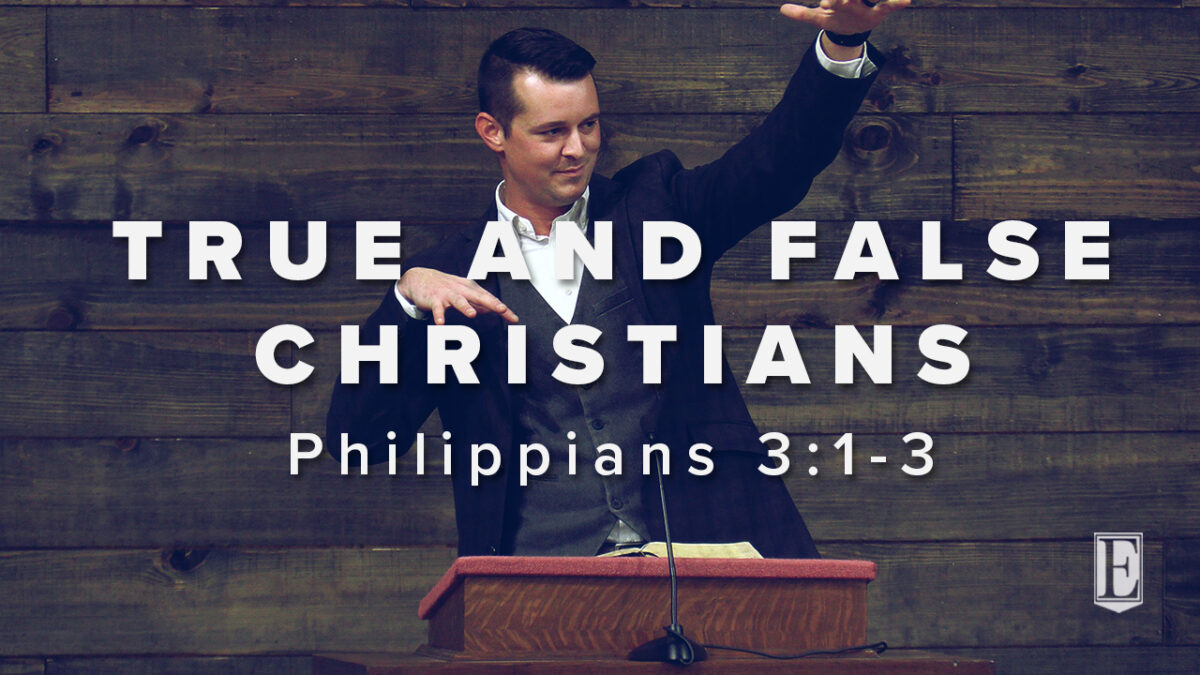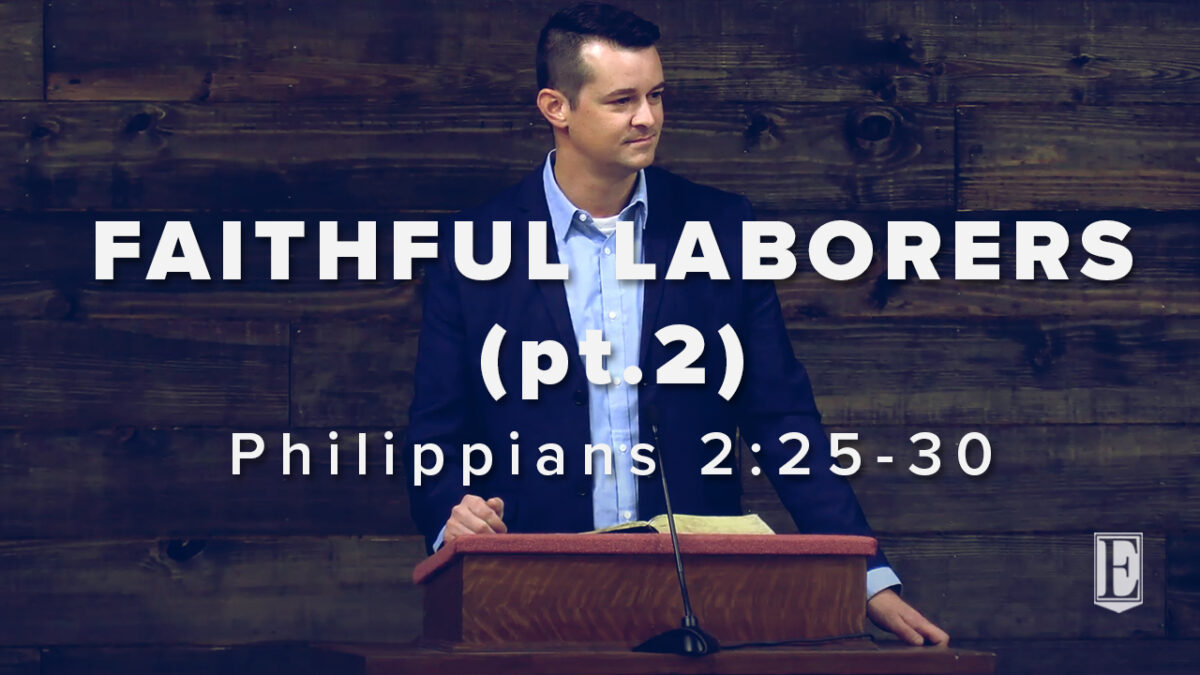OUTLINE
I. YOU MUST STAND FIRM WITH THE SAINTS BY REJOICING IN THE LORD (v.4-5)
II. YOU MUST STAND FIRM WITH THE SAINTS BY REPENTING OF WORRY AND TRUSTING THE LORD OF PROVIDENCE (v.6a)
III. YOU MUST STAND FIRM WITH THE SAINTS BY PRAYING (v.6b)
IV. WHAT JEWELS GOD PROMISES THOSE THAT REJOICE, TRUST, AND PRAY (v.7)
DISCUSSION
I. In verse 4, how frequently does Paul command Christians to “rejoice in the Lord”? What can we learn from his repetitive “again I will say, rejoice”? What does Paul mean by “Let your reasonableness be known to everyone. The Lord is at hand” in verse 5?
II. According to verse 6, how do we best battle anxiety? What does Paul command? What promise are believers given in verse 7 if we obey the command of verse 6? What anxieties do you need to pray about and thus have your heart and mind “guarded” with the peace of Christ Jesus? What does Paul mean by “which surpasses all understanding”?
